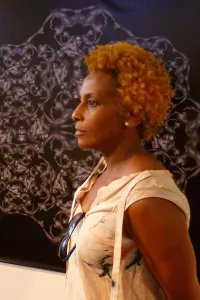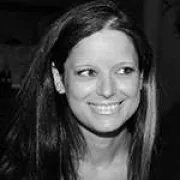Why are you waiting for the world to validate you?
Ever since its invention back in the 19th century, photography has been documenting life. At the same time, it focuses on inviting audiences to a rather subjective world, while trying to be taken seriously as an art form. Photography has always been considered a male-dominated profession, but luckily things are changing. Scholars, writers, bloggers, photography students, and enthusiasts have been giving due to the female pioneers of the field. Most of them were always standing and/or hiding in the shadows, oblivious to how much they could acclaim and accomplish. Arguably, the technique, concepts, and thematic female photographers use differ from those of male photographers. At a time when most women were convinced that their place was in the kitchen and certainly not in the dark room, there were those who were struggling to surpass their male counterparts and work towards gaining respect and recognition for their work.
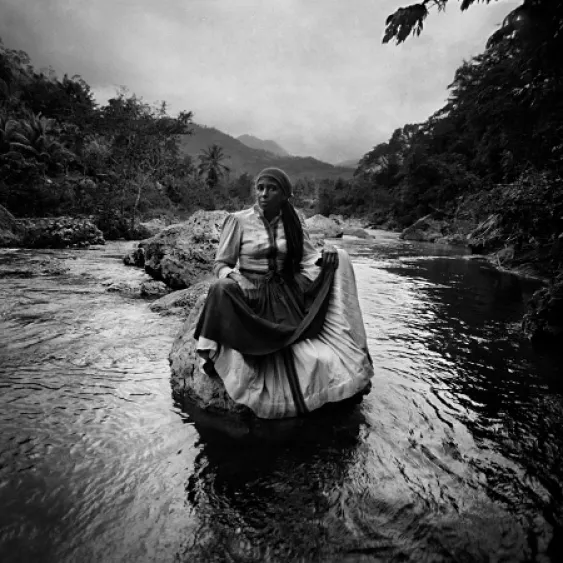
Renée Cox (Jamaican-American photographer, artist, lecturer, political activist, and curator, 1960-) is one of the most controversial African-American artists working today using her own body - both nude and clothed - to celebrate black womanhood and criticize a society she often views as racist and sexist. Cox was born in Jamaica but later settled in New York with her family. She completed her undergraduate studies at Syracuse University, where she was a film major. After graduating, she devoted her time to photography and concentrated on shooting fashion in Paris. In early 1992, Cox completed her Masters of Fine Arts from the School of Visual Arts in New York City, where she also studied Photography. From the very beginning, her work showed a deep concern for social issues and employed disturbing religious imagery. In It Shall Be Named (1994), a black man's distorted body made up of eleven separate photographs hangs from a cross, as much resembling a lynched man as the crucified Christ. In her first one-woman show at a New York gallery in 1998, Cox made herself the center of attention. Dressed in the colorful garb of a black superhero named Raje, Cox appeared in a series of large, color photographs. But her next photographic series would be less engaging for some people and create a firestorm of controversy. In the series Flipping the Script, Cox took a number of European religious masterpieces, including Michelangelo's David and The Pieta, and reinterpreted them with contemporary black figures. Renée's work is considered a big part of the feminist art movement in the United States. Among the best-known of her provocative works are Queen Nanny of the Maroons, Raje, and Yo Mama's Last Supper, which exemplify her Black Feminist politics. In addition, her work has provoked conversations at the intersections of cultural work, activism, gender, and African Studies. As a specialist in film and digital portraiture, Cox uses light, form, digital technology, and her own signature style to capture the identities and beauty within her subjects and herself. One of the artist's main motivations has always been to create new, positive visual representations of African-Americans. In her article, A Gynocentric Aesthetic, Cox argues that a shift to matriarchal art will transform aesthetic expressions to interact with daily life and society, rather than compartmentalized artistic discussions that emphasize beauty over process and expression. In addition to making art, Cox has curated and acted. She has done projects for Rush Art Gallery from its inception. In 1996 she curated an exhibition entitled No Doubt at the Aldrich Museum of Art in Ridgefield, Connecticut and she co-starred in Bridgett Davis' independent film Naked Acts, where she portrayed a photographer. Cox continues to push the envelope with her work by using new technologies that the digital medium of photography has to offer. By working from her archives and shooting new subjects, she seeks to push the limits of her older work and create new consciousnesses of the body. Cox's new work aims to "unleash the potential of the ordinary and bring it into a new realm of possibilities". Renée Cox is undoubtedly fierce, unapologetic, fabulous, and one of the most controversial African-American artists of our time. She thrives on experimenting with freedom of speech and expression, to create works that render gender politics, race, and sexuality.
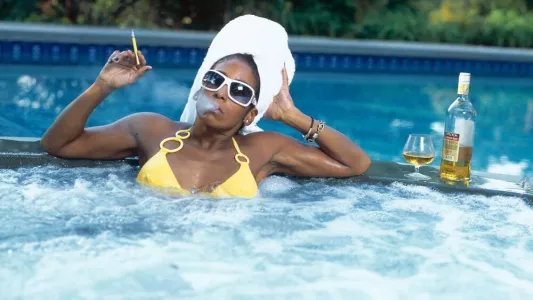
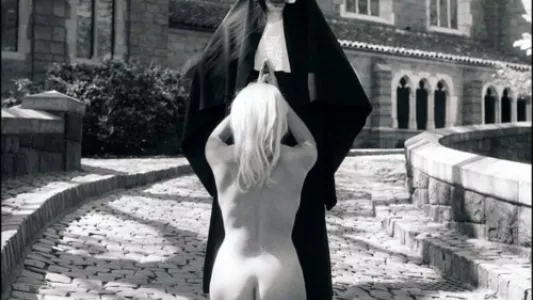
I have a responsibility to speak out - there's something that I feel I need to respond to in this world. An African-American woman putting herself in a position of empowerment seems to be a national threat. Well, I'm saying: I'm not taking a backseat. I'm going to sit at the head of the table.
We will continue talking about female names that left their mark on photography and about contemporary female photographers who are still to emerge. There are a lot of female photographers out there deserving of praise and we can only hope to cover as many of them as we can. Please, follow this space to find out more.
